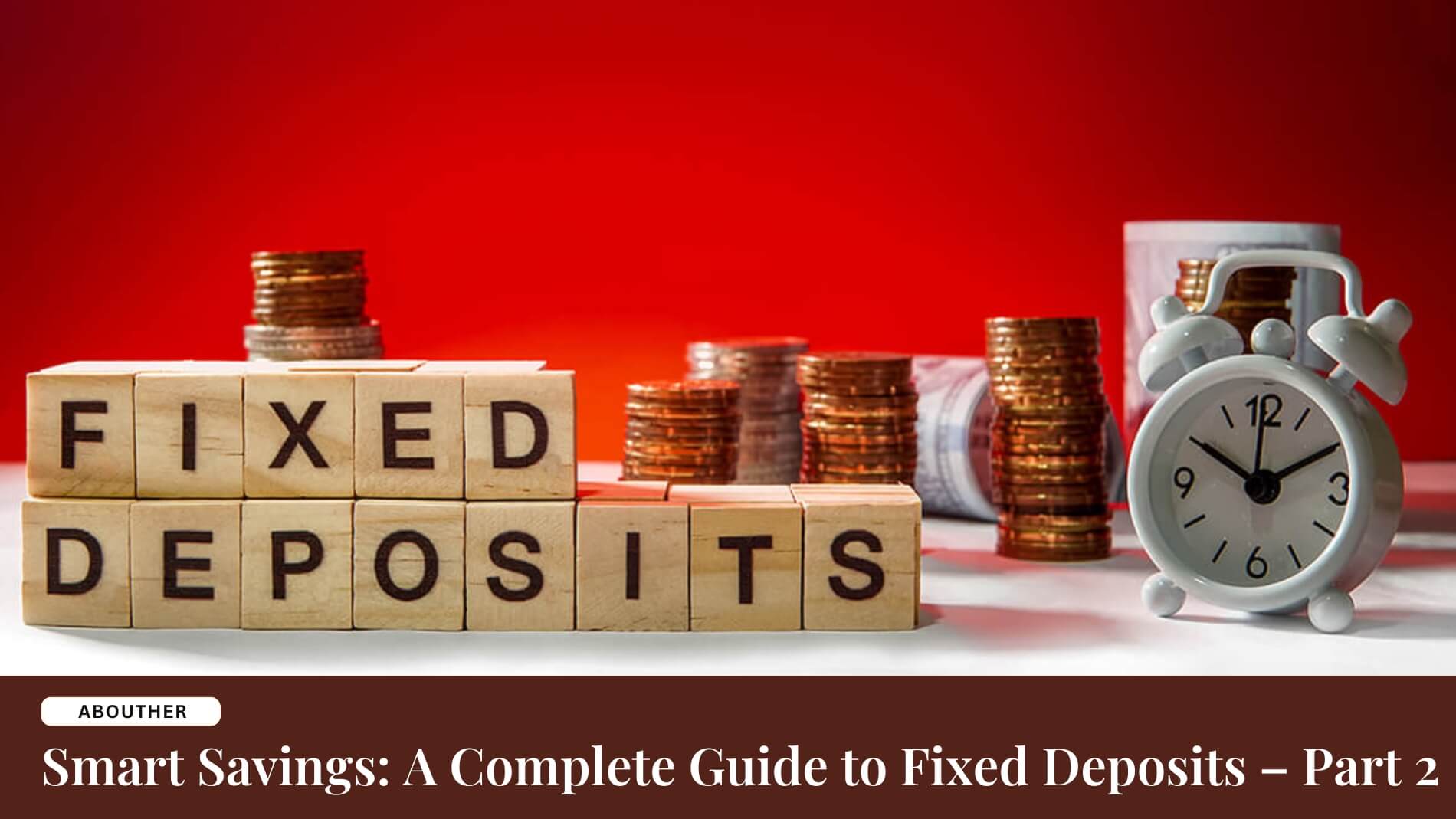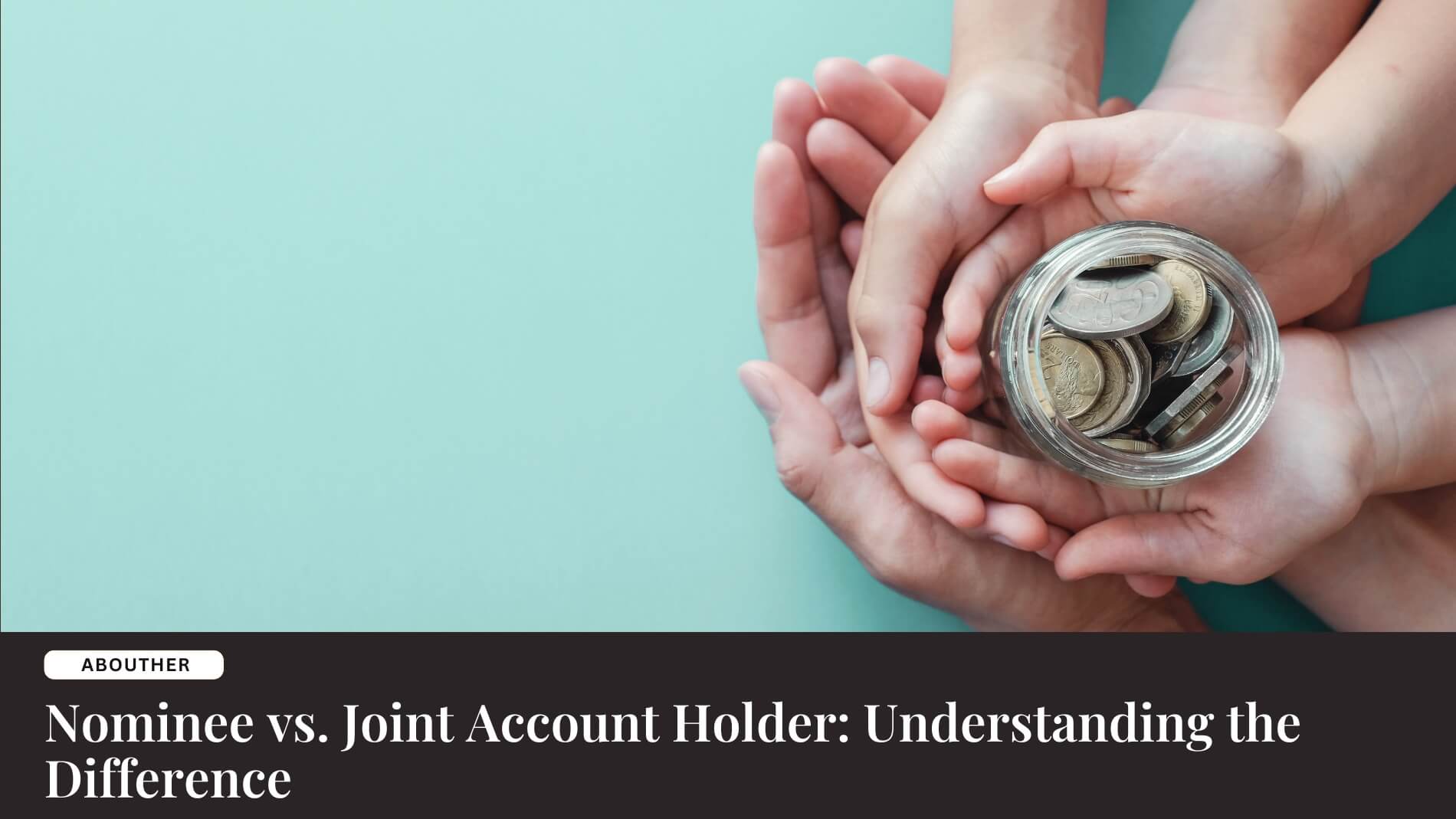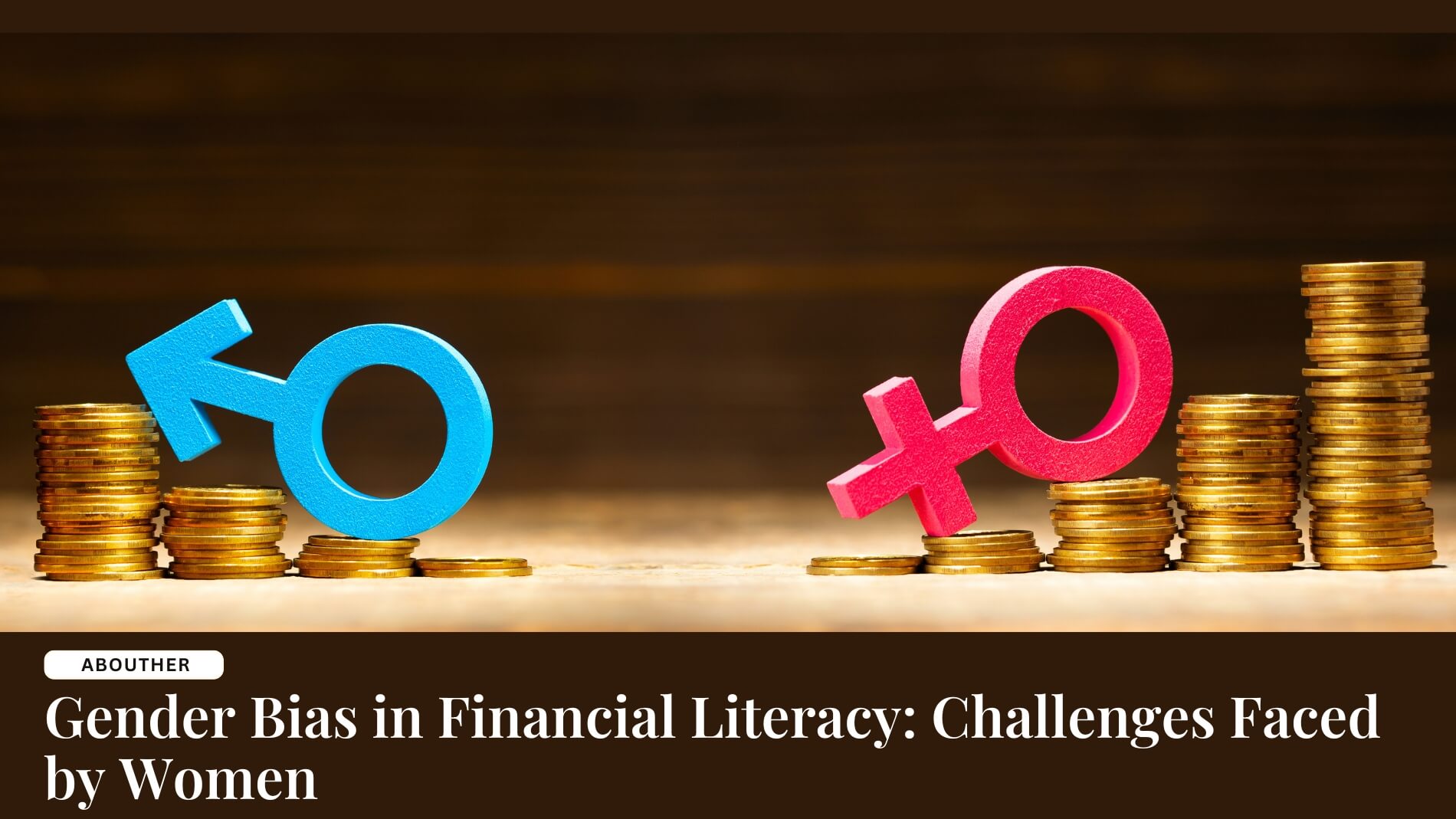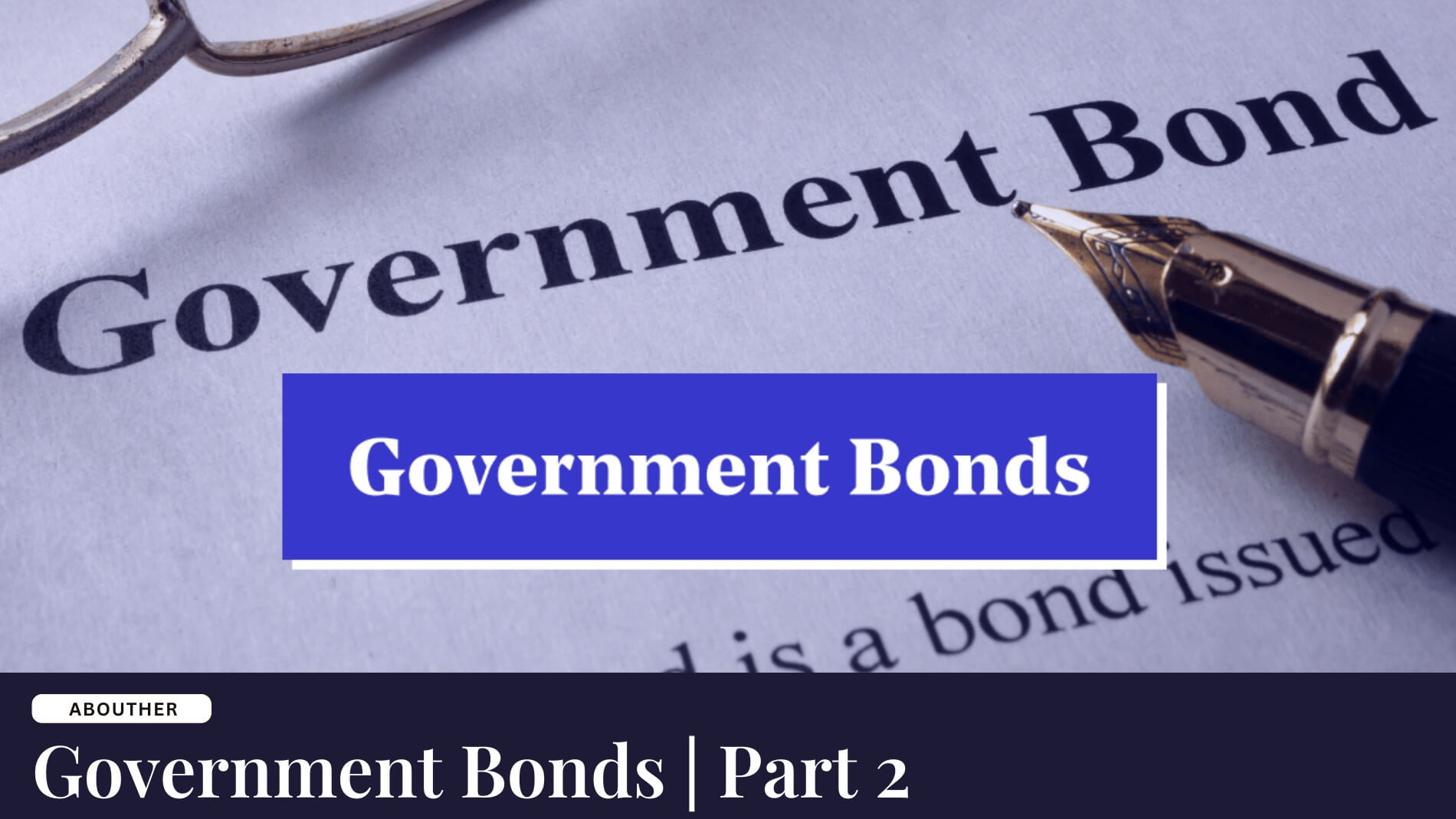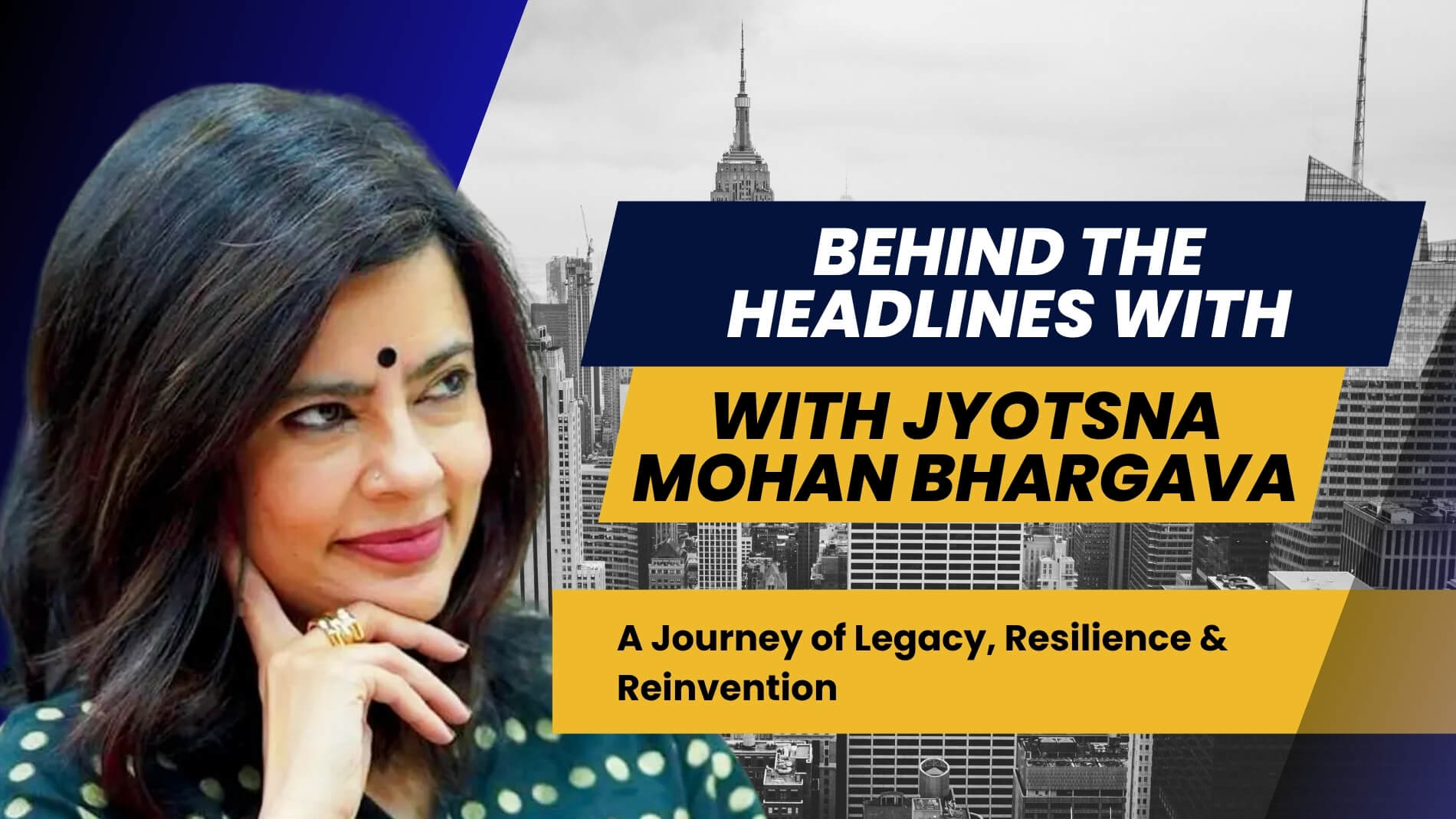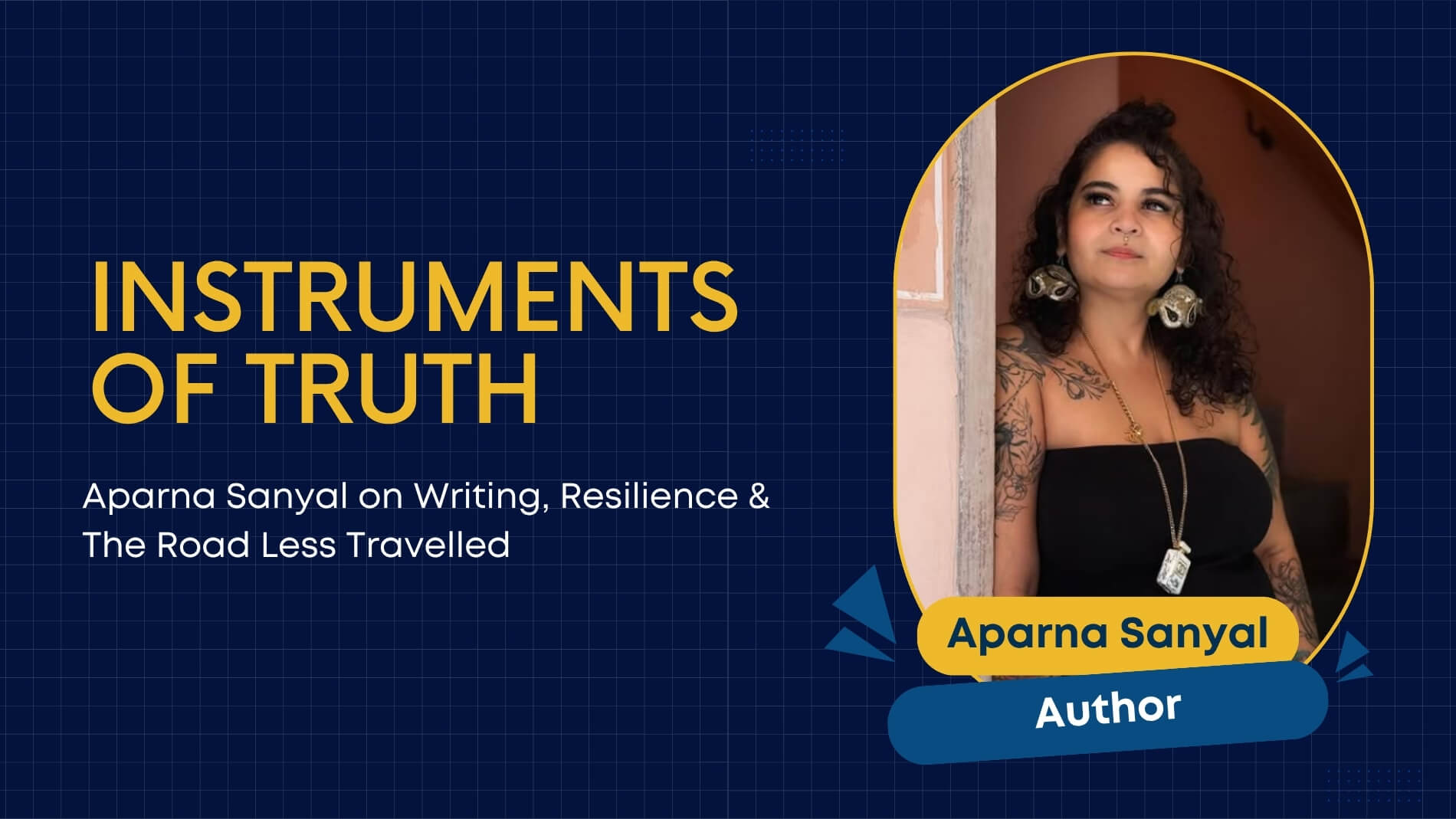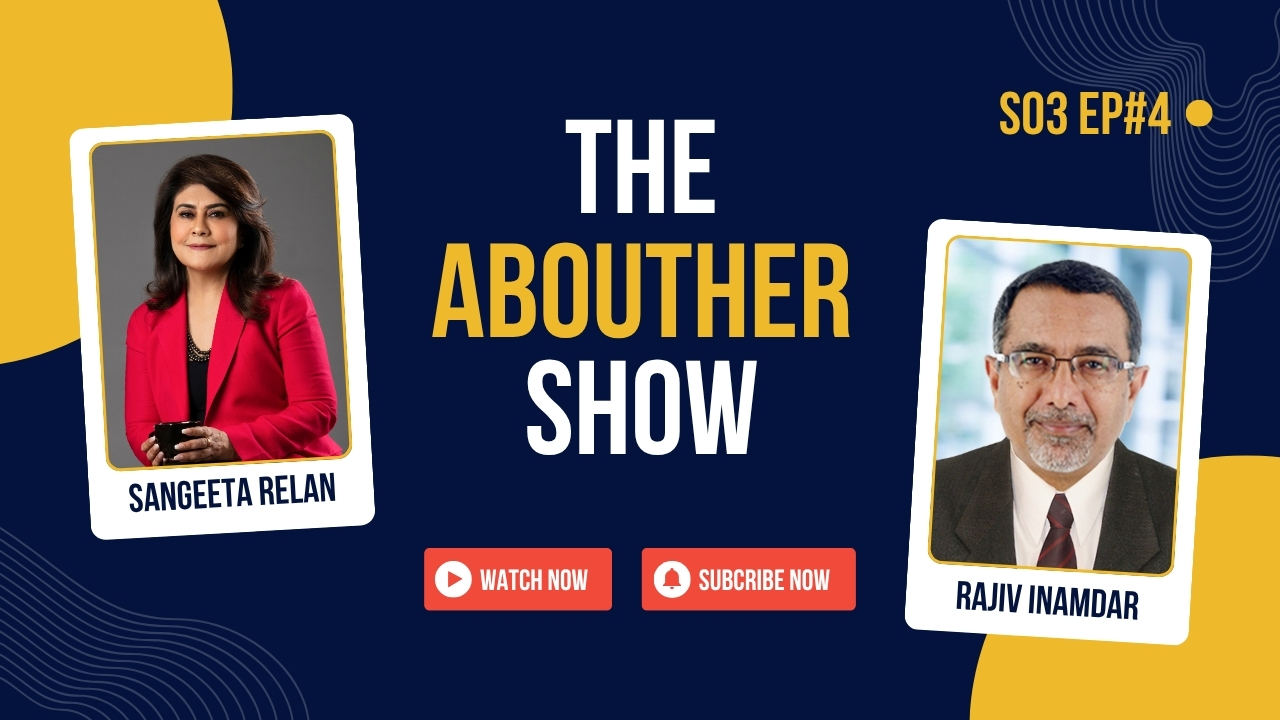Smart Savings: A Complete Guide to Fixed Deposits – Part 2
Types of Fixed Deposits
There are different types of FDs available in the market to cater to the different needs of the investors. Some popular options are:
1. Conventional FD:
This is the most commonly availed FD where the investor enjoys
- Regular Monthly or quarterly Income in the form of interest payouts. It is a perfect option for supplementing regular income for managing everyday expenses.
- It requires a minimum amount required to open a monthly payout FD, say as low as ₹10,000.
- Offers a Flexible tenure ranging from 3 months to 10 years
- Option of premature/partial withdrawal in case of urgent fund requirement.
2. Tax-saving FD:
- These FDs provide tax benefits under Section 80C of the Income Tax Act and can claim a tax deduction of up to Rs 1.5 lakh by investing in the tax saving FDs.
- This FD is opened like any other regular FD.
- The lock-in period for the tax saving FD is five years, i.e. there are no premature withdrawals.
- The interest earned is taxable like any other FD.
- The interest payouts can be received on a monthly or quarterly basis or can also be cumulated into the FD.
3. Senior Citizen FD:
- These FDs are for senior citizens above the age of 60 years.
- The interest rates offered on senior citizen FDs are higher than the regular FDs. Many banks offer an additional interest rate based on tenure.
Also Read: Smart Savings: A Complete Guide to Fixed Deposits – Part 1
The FDs can be further broken down into cumulative and non-cumulative:
Non-cumulative FDs: The interest payouts happen periodically, where the principal amount remains unchanged throughout the term of the FD.
Cumulative FDs: The interest earned on the deposits is added to the principal amount and not paid to the investor on a monthly or quarterly basis. The entire amount of interest is payable to the investor at the time of maturity of the FD.
If you have chosen the non-cumulative fixed deposit account, you will receive the interest when it is calculated. For instance, say you deposit ₹10,000 for 5 years at an 8% annual interest rate. Entitling you to ₹800 as annual interest income every year for a period of five years.
On the other hand, if you have chosen the cumulative scheme, the interest will keep accumulating. You shall receive an interest and the principal amount on maturity. For instance, if you deposit ₹10,000 for 5 years at 8% annual interest, you will get ₹14,693 on maturity. This includes ₹10,000 principal and ₹4,693 interest income as against the interest income of ₹4,000 in the case of non-cumulative FD (₹800*5 years = ₹4,000)
| Basis of Difference | Cumulative FD | Non-Cumulative FD |
|---|---|---|
| Interest Payout Period | Maturity of FD | Monthly, Quarterly, Half-yearly or annually |
| Compounding Effect | Compounded monthly, quarterly or yearly | No compounding, interest is paid to the investor as per the interval opted by them. |
| Type of Interest | Compound interest | Simple interest |
How to Renew or Withdraw Your Fixed Deposit
For an early withdrawal, a notice is typically required to be given to the bank or NBFC. Even at the time of maturity, some financial institutions may require you to give notice anywhere from 7 days to a month before withdrawing funds from your fixed deposit account. This varies from institution to institution.
Benefits of Renewing Your Fixed Deposit
The money is reinvested for a period as one may require at the time of renewal of the fixed deposit. It has both an upside and downside to it:
- You can take advantage of compounding interest.
- The money is locked for a fixed term, so one is unable to spend it.
- A higher interest rate may be offered on early renewal.
- Continuous growth in savings without making any additional deposits.
- The downside to renewing your fixed deposit is that if interest rates have increased since you invested, you may get a lower rate on your renewal.
- If you need to withdraw the money before the end of the term, you may incur a nominal charge for it.
Process of Renewing a Fixed Deposit
At the end of the chosen tenure, your deposit will mature, and you can either withdraw the money or renew your deposit for another term. It is also essential to check with your bank or NBFC about the auto-renewals policy before you decide to open a fixed deposit.
Also Read: Building Wealth, One Step at a Time: A Guide to Mutual Funds and Financial Empowerment – Part 1
Auto-Renewal and Auto Withdrawal of Fixed Deposits
On opening an FD, you agree to keep the money as FD for a set period of time and withdraw your money plus interest at the end of the term.
In case you do not renew or withdraw your fixed deposit, the bank may automatically renew the deposit for another term at the same interest rate.
Some banks offer their fixed deposit accounts auto-renewal and auto-withdrawal options. It also allows you to set up a recurring payment from your bank account each month, quarter, or even year. This will automatically renew the fixed deposit and keep it running until you decide to withdraw the funds.
FAQs
1. What happens if I don’t renew or withdraw my fixed deposit?
If you don’t renew your fixed deposit, the money is automatically rolled over into your next term. If you withdraw your fixed deposit before it matures, the remaining balance will be returned to you.
2. What are the penalties for early withdrawal of a fixed deposit?
The penalties for early withdrawal of a fixed deposit vary from banks to NBFCs. Some banks or NBFCs will charge you a fee, while others may not charge anything at all. This can make it difficult to predict what your financial institution will do if you withdraw money before it’s due.
3. Can I renew my fixed deposit before it matures?
Yes, you can renew your fixed deposit before it matures. You can do so by informing them about your intention to renew, or you can do it online, and you shall be provided with a new maturity date for your deposit.
4. What happens to my fixed deposit if I die before it matures?
If you have named a beneficiary, your fixed deposit will continue to earn interest till maturity. In case you have not named a beneficiary, the surviving spouse or dependent children will inherit your fixed deposit as per their right of inheritance.
Key Takeaways
- It is essential to note the terms and conditions, including a minimum lock-in period.
- The bank could automatically renew your fixed deposit for the same term as the original.
- Check with your financial institution about their policy on auto-renewals before opening a fixed deposit account.
- Keep yourself updated with the terms and conditions associated with your account so that you do not suffer any unwanted additional charges from the bank or NBFC.
- Equipped with all the necessary information, one is able to make more informed choices to invest money.
- To renew or not renew your FD is a good idea, depending on the circumstances and financial goals. If you’re happy with the current interest rate, then renewing may be a sensible option. At the same time, if the interest rates have dropped significantly or you are in need of cash sooner than expected, it is advisable to withdraw the money and reinvest it elsewhere.
- It is advised to calculate your premature withdrawal charges before you make a decision.
An Interesting concept to know in how many years you will double your Investment: Rule 72
Divide the number 72 by the annual rate of interest, and it will give you the time when your invested money will double.
Let us understand this with an example.
You invest ₹10,000 at an interest rate of 8% per annum.
Using Rule 72: 72/8 = 9
So, it will take 9 years for your invested amount of ₹10,000 to get doubled and become ₹20,000.
Love learning about impactful women?
Check out our new series, Empowerment Series: “Women Who Lead”
Share This On Social
![Sangeeta-Relan-AH-525×410[1]](https://slategray-flamingo-696901.hostingersite.com/wp-content/uploads/2024/06/Sangeeta-Relan-AH-525x4101-1.jpeg)
I’m Sangeeta Relan—an educator, writer, podcaster, researcher, and the founder of AboutHer. With over 30 years of experience teaching at the university level, I’ve also journeyed through life as a corporate wife, a mother, and now, a storyteller.
Recent Posts

